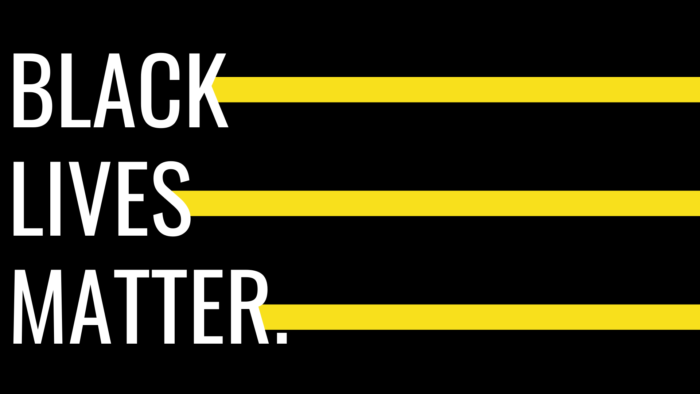The deaths of George Floyd, Ahmaud Arbery, Breonna Taylor, Tony McDade, Nina Pop, and David McAtee have once again exposed the ugly truth about systemic racism and anti-Blackness in America. Justice is long past due for the countless Black Americans who have lost their lives to police brutality and white supremacist violence, and we stand in solidarity with those calling for an end to these injustices. The Feminist Majority Foundation has joined partners and allies in The Leadership Conference on Civil and Human Rights to demand Congress do the following to end police brutality immediately:
- Require a federal standard that necessitates police force be used only as a last resort; bans use of force against those who only verbally confront officers or who only pose a danger to themselves; and requires all officers to accurately report all uses of force.
- End the use of neck holds, chokeholds, and similar excessive force by the police.
- Prohibit racial profiling and require cross-demographic data collection on police-community encounters and law enforcement activities.
- Eliminate federal programs that provide military equipment to law enforcement.
- Prohibit the use of no-knock warrants, especially for drug searches.
- Change legal requirements so prosecutors can successfully hold law enforcement accountable for the deprivation of civil rights and civil liberties.
- Develop a national public database of all U.S. police agencies, including: names of officers who have had their licenses revoked due to misconduct involving violence, perjury, falsifying a police report, or planting and destroying evidence; and terminations and complaints against these officers.
- End the qualified immunity doctrine which prevents police from being held legally accountable when they break the law.
Many of our supporters, affiliated student organizations, and members have already taken action by donating their money and/or time; protesting in their communities; educating their friends, families, and peers; participating in mutual aid efforts; amplifying Black voices on social media; and writing to elected officials and police department officials to push for legislative and policy change. Below are resources to help you continue (or start) taking action and stay in the fight against racial injustice. We have included racial justice and civil rights organizations who are doing this work everyday, as well as actions you can take right now and ways to further educate yourself on racial justice and allyship.

Donate
Sign
Learn
Read
A Bound Woman Is a Dangerous Thing:
The Incarceration of African American Women
from Harriet Tubman to Sandra Bland
DaMaris Hill
Biased: Uncovering the Hidden Prejudice
That Shapes What We See, Think, and Do
Jennifer L. Eberhardt
Black is the Body
Emily Bernard
Citizen: An American Lyric
Claudia Rankine
Eloquent Rage
Brittney C. Cooper
Fatal Invention
Dorothy Roberts
Freedom is a Constant Struggle
Angela Y. Davis
From #BlackLivesMatter
to Black Liberation
Keeanga-Yamahtta Taylor
From the War on Poverty
to the War on Crime
Elizabeth Kai Hinton
Hood Feminism: Notes from the
Women That a Movement Forgot
Mikki Kendall
How We Get Free: Black Feminism
and the Combahee River Collective
edited by Keeanga-Yamahtta Taylor
How to Be Less Stupid About Race
Crystal Marie Fleming
How We Fight White Supremacy
Akiba Solomon and Kenrya Rankin
Me and White Supremacy
Layla Saad
One Person, No Vote
Carol Anderson
Raising White Kids
Jennifer Harvey
Redefining Realness
Janet Mock
Reproductive Injustice: Racism,
Pregnancy, and Premature Birth
Dána-Ain Davis
Sister Outsider
Audre Lorde
So You Want to Talk About Race
Ijeoma Oluo
The Bluest Eye
Toni Morrison
The Inner Work of Racial Justice
Rhonda V. Magee
The New Jim Crow
Michelle Alexander
The Racial Healing Handbook
Anneliese A. Singh
The Warmth of Other Suns
Isabel Wilkerson
Their Eyes Were Watching God
Zora Neale Hurston
Too Heavy A Load: Black Women
in Defense of Themselves
Deborah G. White
Well-Read Black Girl
Glory Edim
When and Where I Enter
Paula Giddings
When They Call You A Terrorist:
A Black Lives Matter Memoir
Patrisse Khan-Cullors
White Fragility: Why It’s So Hard For
White People To Talk About Racism
Robin DiAngelo
White Rage: The Unspoken
Truth of Our Racial Divide
Carol Anderson
Why I’m No Longer Talking to
White People About Race
Reni Eddo-Lodge
